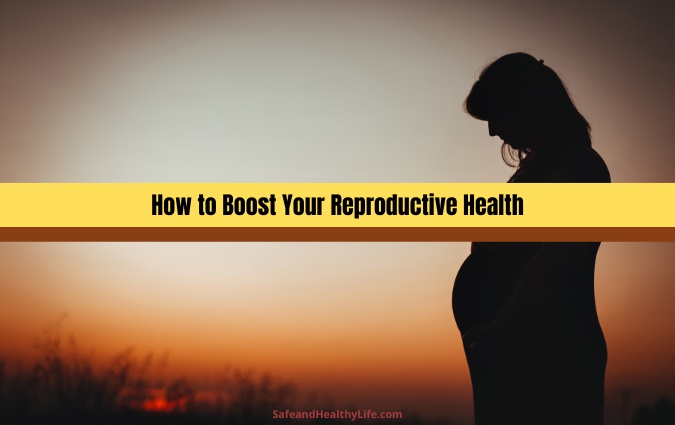
The maintenance of reproductive health is crucial to overall well-being. The reproductive health of an individual will affect their ability to procreate as well as their physical and mental health.
A crucial component of reproductive health is fertility education, which may aid individuals and couples in understanding their fertility, their reproductive options, and family planning.
The importance of fertility education can be seen in the following ways.
Knowing Your Fertility
Fertility education can help you and your spouse by enabling you to make wise family planning decisions.
By comprehending the menstrual cycle, ovulation, and fertility, you can pick the ideal moment to conceive or avoid conceiving.
Some couples can utilize these facts to increase their chances of getting pregnant, while those who aren’t ready to start a family can use them to prevent unplanned pregnancies.
Early Detection of Reproductive Issues
It might be difficult for you to get pregnant if you have untreated reproductive problems. Understanding the warning signs and symptoms of reproductive abnormalities can make it easier to spot these issues early, seek medical attention, and increase your chances of conceiving.
Uterine fibroids are a common issue that women of reproductive age face these days, so be sure to seek treatment for uterine fibroid tumors in Memphis, TN, or at a facility near you.
Prenatal Supplements During Your Pregnancy Are Important

Photo Credit: Pexels
Prenatal vitamins are essential for the mother’s and the unborn child’s health throughout pregnancy.
For a healthy pregnancy and fetal growth, prenatal vitamins must contain a mix of vitamins and minerals.
Necessary Nutrients for Your Healthy Pregnancy
Prenatal vitamins include vital nutrients, including folic acid, iron, and calcium, needed for a healthy pregnancy. These nutrients support the growth of the baby’s brain, spine, and other organs.
Decreased Risk of Birth Defects
Prenatal vitamins should be taken before and throughout pregnancy to lower the chance of birth abnormalities such as neural tube defects, which damage the baby’s brain and spine development.
Enhanced Maternal Health
Prenatal vitamins can also help the mother’s health, lowering her risk of pre-eclampsia and anemia.
Consult a Physician
To ensure prenatal vitamins are healthy for you and your unborn child, speaking with a doctor before taking them is imperative. A doctor might advise the right prenatal vitamin dosage and duration.
The Value of Preventing Sexually Transmitted Infections (STIs)

Photo Credit: Unsplash
Sexually transmitted infection (STI) prevention is essential for preserving reproductive and general health. The transmission of STIs can be slowed down by education and preventative efforts.
Regular Usage of Condoms
The best strategy to avoid STIs during sexual activity is to routinely and appropriately use condoms. A physical barrier offered by condoms aids in preventing the interchange of bodily fluids that might spread illnesses.
STI Testing Regularly
Frequent STI testing is essential, especially for people who engage in several sexual relationships. As many STIs don’t have obvious symptoms, early diagnosis through testing is essential to avoid lasting harm.
Limiting Sexual Partners
Having fewer sexual partners can also lessen the chance of developing STIs. The more sexual partners a person has, the higher their chance of developing an STI is.
Regular Interaction With Your Partner
To stop the transmission of STIs, sexual partners must be open with one another. To stop the transmission of diseases, it is important to be open and honest about one’s sexual past and STI status.
Conclusion
Prioritizing reproductive health is key to overall well-being. You may improve your reproductive health and raise the possibility of a successful pregnancy and delivery by leading a healthy lifestyle, knowing your reproductive system, avoiding STIs, managing stress, and getting medical treatment if necessary.
About The Author:
Stacey Smith is a freelance health writer. She is passionate about writing about women’s health, dental health, diabetes, endocrinology, and nutrition. She provides in-depth features on the latest health news for medical clinics and health magazines.




